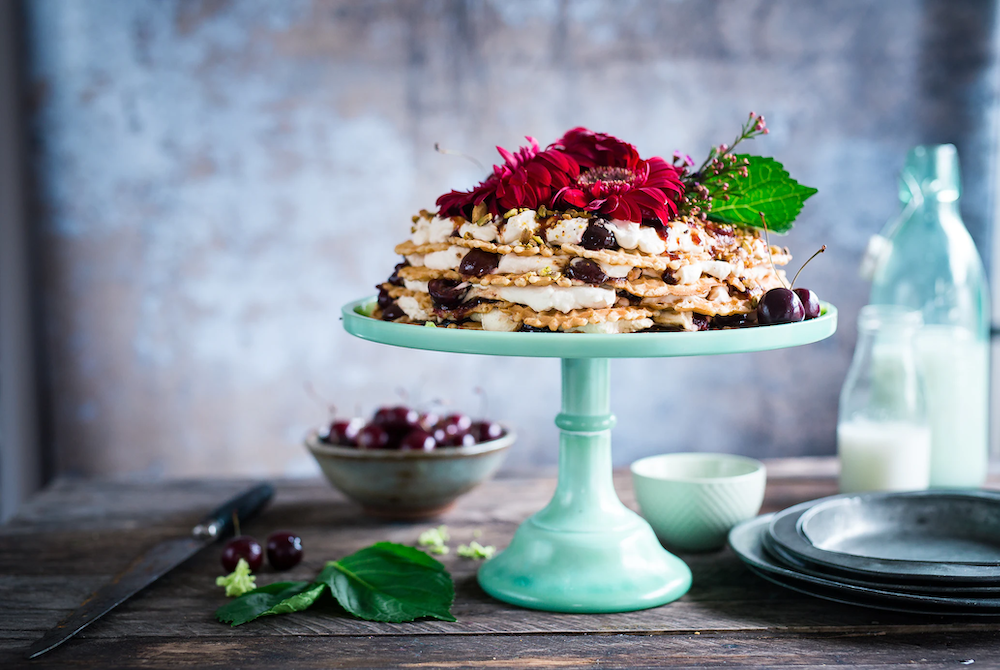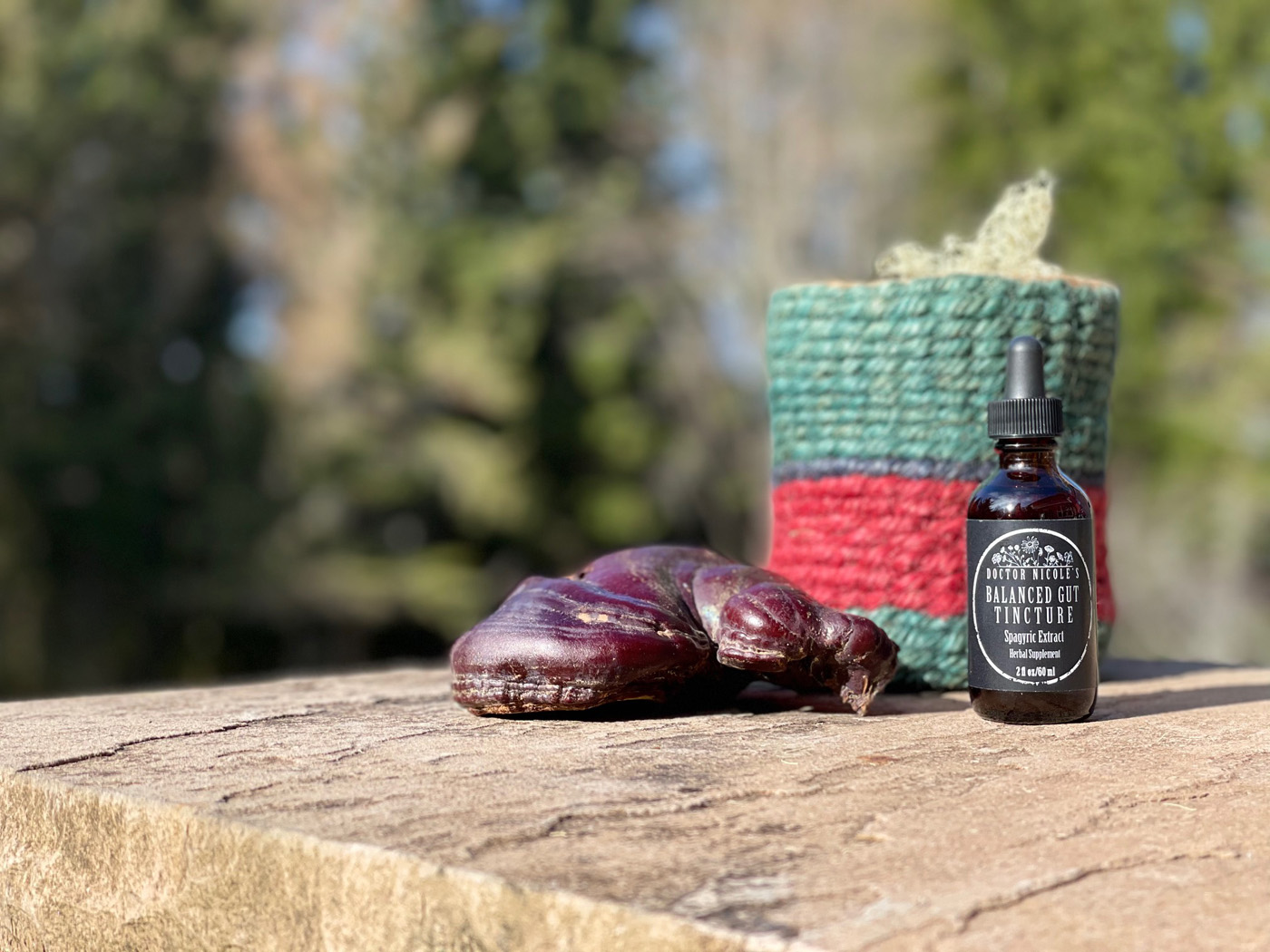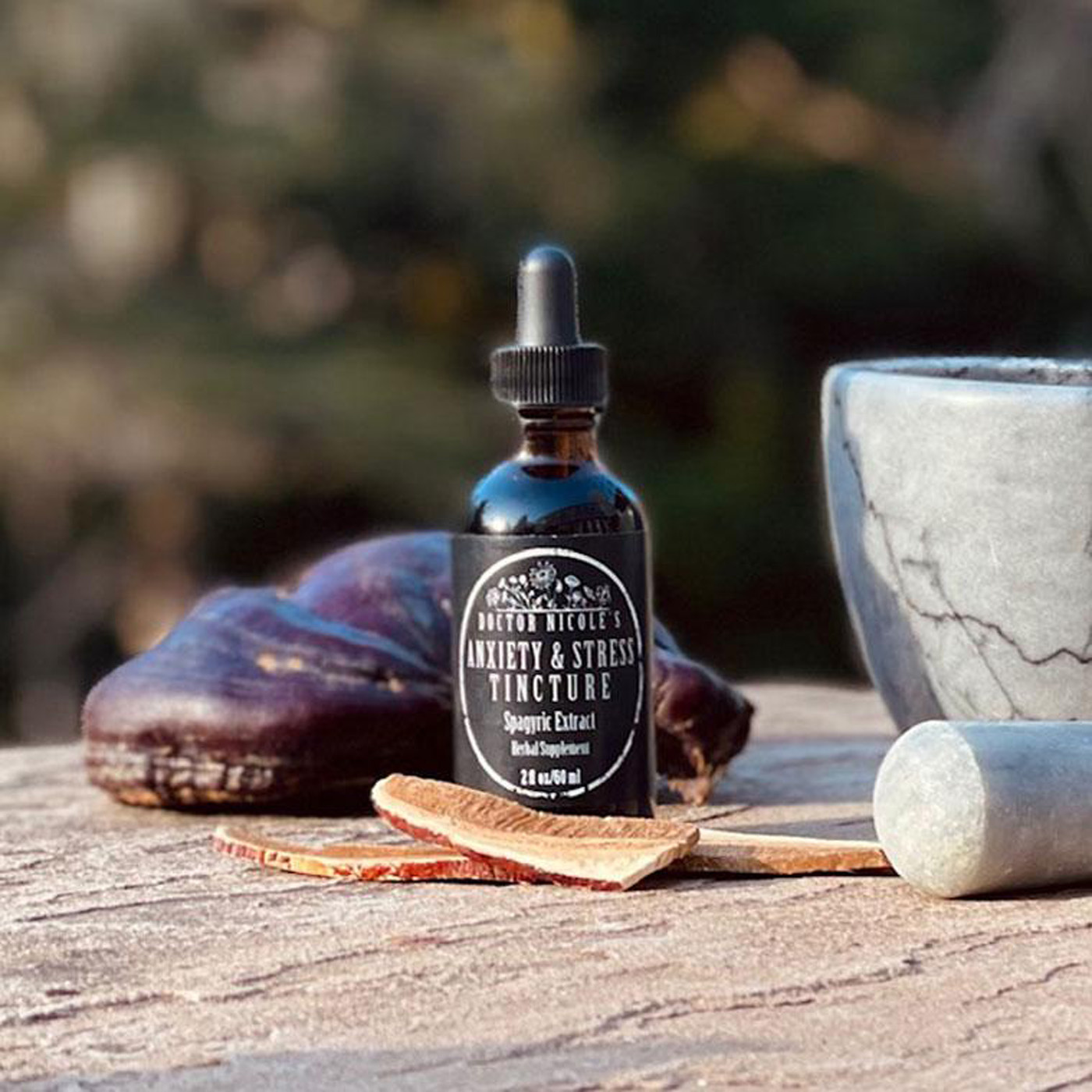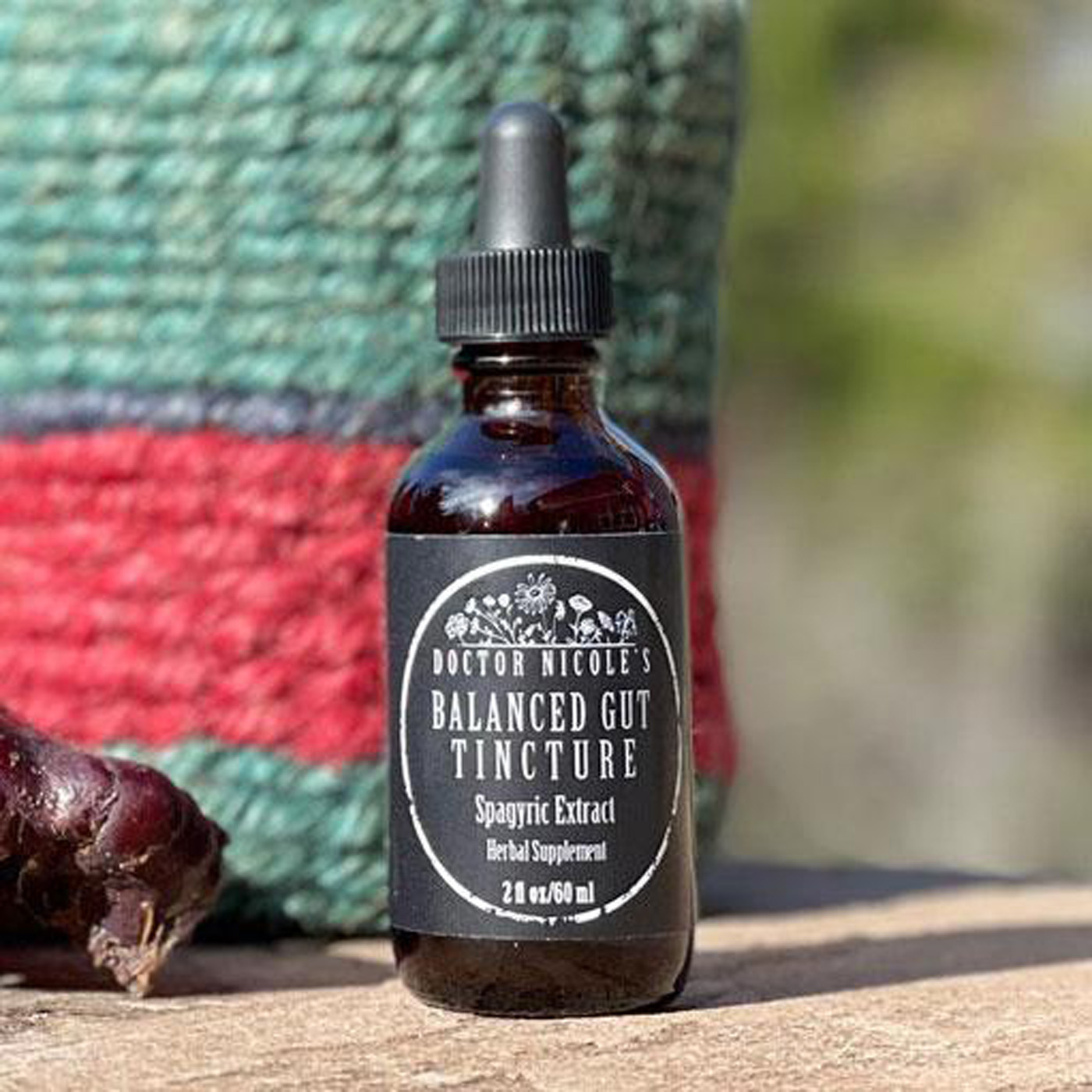You Are What You Eat
If you eat anything beyond a whole-foods, unprocessed diet, there is a good chance you have also consumed emulsifiers. Whether found in organic convenience food or conventional, these additives are here to stay because they help to enhance the texture, taste, and appeal of processed foods. Emulsifiers can be found in anything from bread and nut butters to soups and non-dairy milk substitutes. They can be derived from a variety of sources, some natural, others not so much.
Initially the additives were deemed safe, but over the past few years several studies have found they can cause inflammation, digestive issues, impact beneficial gut bacteria, promote obesity, and increase anxiety. I think all of us can agree this is something we want to avoid if we would like to live a healthy and joyful life. Keep reading to learn more about emulsifiers, the foods that contain them, and how to naturally address anxiety, inflammation, and gut health.
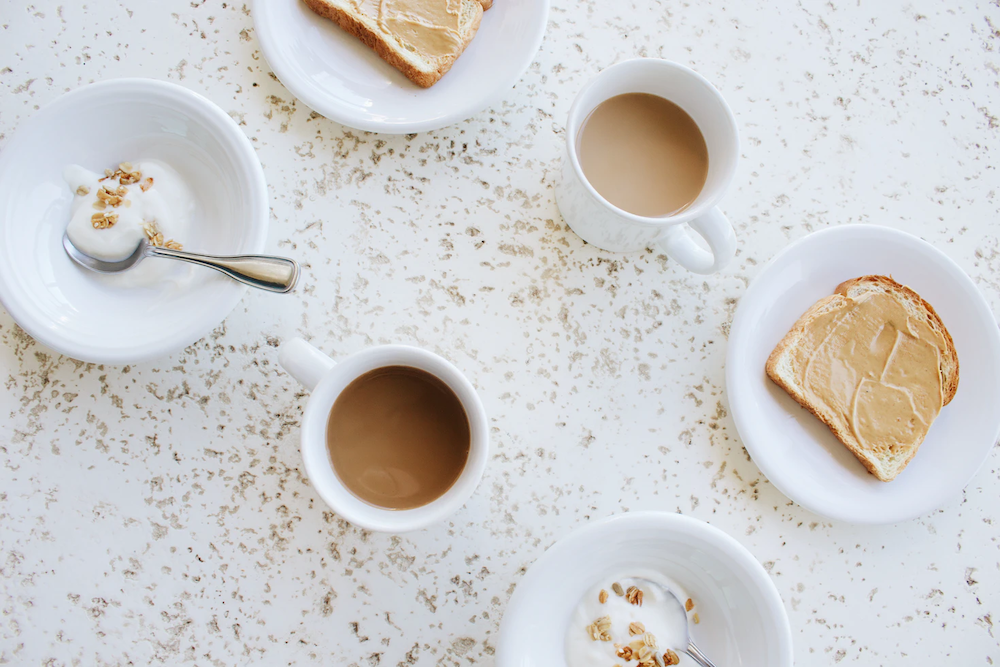
What are emulsifiers?
Used to increase shelf life and improve texture, emulsifiers are one of the most common additives found in processed food. They help a product to maintain creaminess and keep two liquids that normally would separate stay together, such as oil and water. A few common examples include soy or sunflower lecithin; guar, gellen, locust bean, and xanthan gums; carrageenan; pectin; agar agar; propylene glycol esters (PGMS); carboxymethylcellulose (CMC); and polysorbates.
Gum emulsifiers are widely used in gluten-free products as they promote creaminess, elasticity, and hold ingredients together. Some of these additives prevent crystallization, while others reduce the stickiness of the product. Here are some of the most common foods that use emulsifiers:
- Soups
- Chocolate
- Nut butters
- Frosting
- Processed meats
- Fiber supplements
- Salad dressings
- Boxed dessert mixes
- Coconut cream and other non-dairy milk products
- Margarine and vegan butter substitutes
- Ice cream and yogurt — including those that are plant-based
- Breads, cookies, crackers, and other baked goods
Emulsifiers are also found in toothpaste and beauty and skincare products, but for our purposes here, we will focus on those of the edible sort.
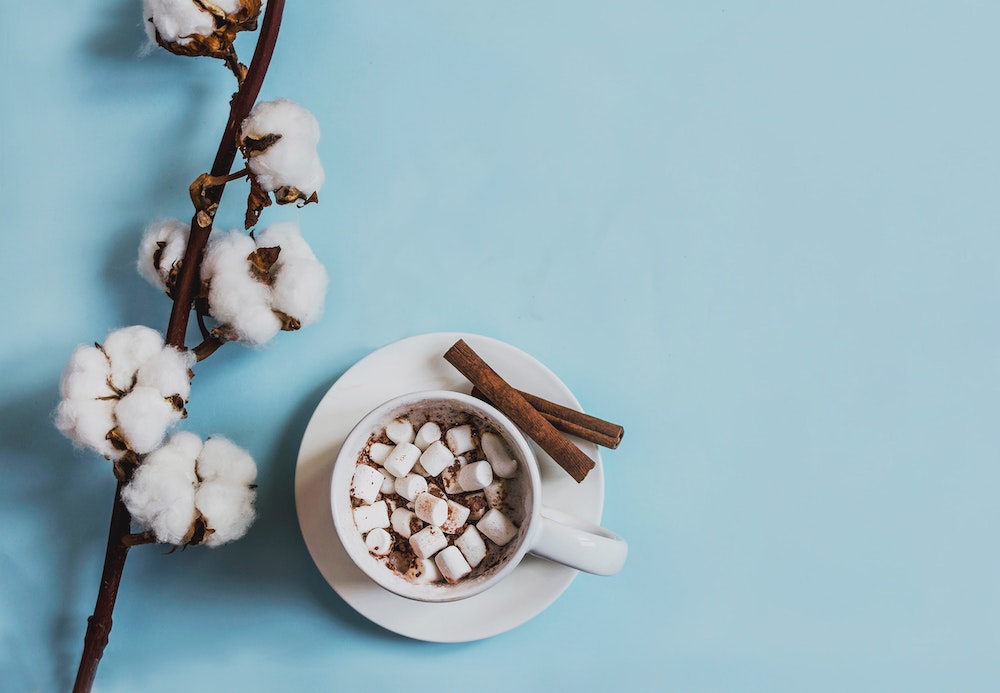
Safety and Side-Effects
Generally, ingesting small amounts of an emulsifier is considered safe. However, for those who are sensitive it can cause digestive distress, such as cramping, diarrhea or constipation, and nausea. Carrageenan and synthetic emulsifiers tend to be the most problematic.
Moreover, research exploring the effect of emulsifiers on health may give us pause for thought the next time we reach for a convenience food. One study in humans found that gut bacteria “can be directly impacted by these commonly used food additives, in a manner that subsequently drives intestinal inflammation.”1
Another study established that the consumption of dietary emulsifiers directly contributed to chronic inflammatory diseases, obesity/metabolic syndrome, and altered the microbiome in animal models.2 But that’s not all. Researchers at Georgia State University, Atlanta set out to examine whether two widely used emulsifiers, carboxymethylcellulose (CMC) and polysorbate-80 (P80), influenced mental well-being.
Researchers have known for quite some time that the gut-brain axis is directly tied to neurological health. So it is not surprising the team in Atlanta explored the impact emulsifiers have on our mood and emotions. For the study, they added CMC and P80 to the drinking water of mice for 12 weeks. They then documented changes in behavior and the microbiome, along with other physiological measurements.
Co-leader of the study, Prof. Geert de Vries explains what they found: “We asked the question: Can emulsifiers’ effects on general systemic inflammation also be extended to the brain and to behavior? The answer was yes.”
Interestingly, they also observed that the changes in behavior were sex-specific. For the male mice, it was an increase in anxious behavior, whereas for the females there was a reduction in social behavior. The researchers do not know why this is the case, but suspect that differences in male and female immune systems may be the cause.
Geert de Vries notes, “[W]e know that inflammation triggers local immune cells to produce signaling molecules that can affect tissues in other places, including the brain. The gut also contains branches of the vagus nerve, which forms a direct information pathway to the brain.”3
While the researchers have yet to pinpoint the exact mechanism behind gut dysbiosis and the ingestion of emulsifiers, if you are struggling with anxiety, inflammation, weight gain, or gut issues, you may want to eliminate emulsifiers from your diet and see if there is improvement. Herbal remedies can also help.

A Natural Approach to Anxiety, Inflammation, and Gut Health
My favorite botanicals for soothing anxiety, cooling inflammation, reducing stress, and calming the nervous system include: lion’s mane and reishi medicinal mushrooms, the adaptogen ashwagandha, and lemon balm. Each is found in our potent Anxiety & Stress Blend.
Ashwagandha
- Adaptogenic
- Calms inflammation
- Soothes anxiety and depression
- Balances hormones
- Quiets the stress response
- Improves cognitive function including attention, processing speed, and memory.
Lemon Balm
- Soothes anxiety and helps calm the body and mind
- Improves sleep quality
- Reduces inflammation
- Eases PMS symptoms
- Relieves insomnia
- Calms ADHD symptoms
- Balances blood sugar levels
Lion’s Mane Mushroom
- Anti-inflammatory
- Boosts cognitive function
- Lessens insomnia, anxiety, and depression
Reishi Mushroom
- Reduces inflammation
- Neuroprotective
- Fosters quality sleep, alleviates adrenal fatigue, and encourages healthy immune function.
- Strengthens the body against the negative effects of stress, including: hormonal imbalances, high cortisol, fatigue, and low energy.
If you are seeking an effective herbal medicine for addressing leaky gut and microbiome dysbiosis, our Balanced Gut formulation contains anti-inflammatory and soothing herbs that help to repair the intestinal tract and restore healthy gut function.
Are you ready to embrace a healthier and happier life? Visit the apothecary today to learn more about how natural remedies can help!
Nicole Apelian
Nicole’s Apothecary Products in this Post
References
- Chassaing, B., Van de Wiele, T., De Bodt, J., Marzorati, M., & Gewirtz, A. T. (2017). Dietary emulsifiers directly alter human microbiota composition and gene expression ex vivo potentiating intestinal inflammation. Gut, 66(8), 1414–1427. https://doi.org/10.1136/gutjnl-2016-313099
- Chassaing, B., Koren, O., Goodrich, J. K., Poole, A. C., Srinivasan, S., Ley, R. E., & Gewirtz, A. T. (2015). Dietary emulsifiers impact the mouse gut microbiota promoting colitis and metabolic syndrome. Nature, 519(7541), 92–96. https://doi.org/10.1038/nature14232
- “Common food additive may impact gut bacteria, increase anxiety”, Tim Newman, Medical News Today, January 22, 2019. Retrieved on April 6, 2023 from, https://www.medicalnewstoday.com/articles/324232

